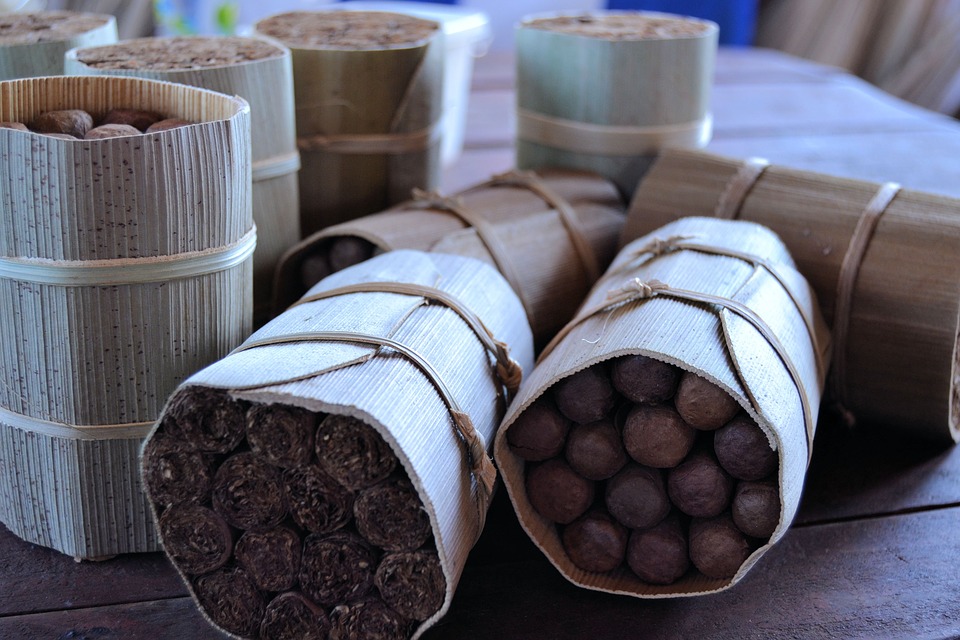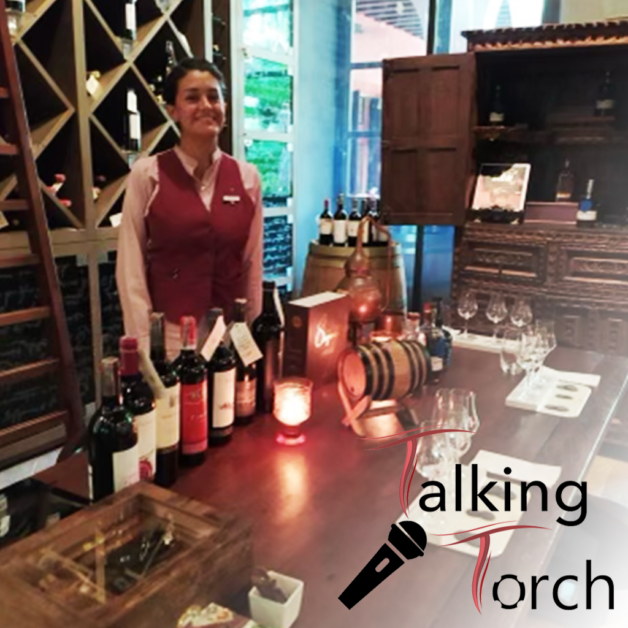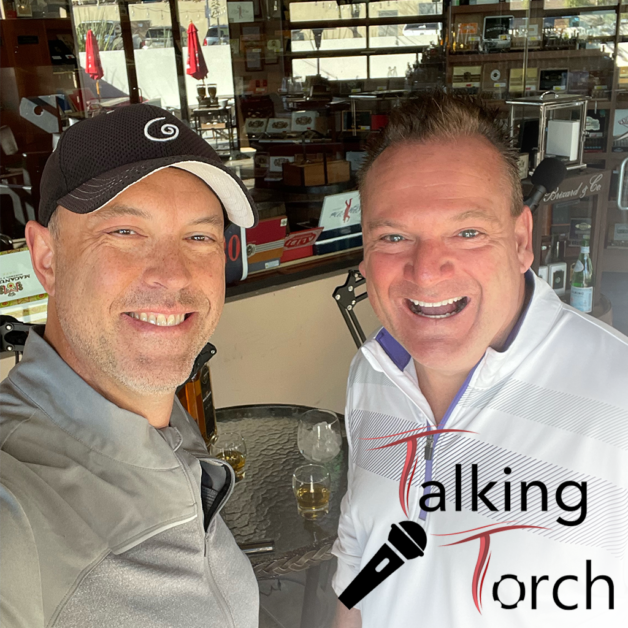American travelers can now bring Cuban cigars into the U.S. There is no limit to the number of cigars that can be brought in as long as they are not intended for resale. However, if you want to purchase the cigars, be prepared to pay the corresponding taxes.

(Pixabay / hoeldino)
Cuban cigars are enshrouded in a sort of mystique. They are regarded the world over as the holy grail of fine smokes.
If you’re a cigar lover, here are a few facts about the world-famous Cubans:
- The Cohiba brand is synonymous with fine cigars. Originally made exclusively for Fidel Castro, Cohiba is usually the first brand that people think of in relation to Cuban cigars.
- Partagas Serie D No. 4 is among the most popular cigars made in Cuba. However, cigar aficionados must be careful when buying their Partagas because the same brand is also produced in the Dominican Republic. The Dominican versions do not contain any Cuban tobacco.
- Cuban cigars are expensive, even in Cuba. During the time of the embargo, a single Cuban cigar commonly cost around $25. Prepare to pay up for Cuban quality.
- Cuban cigar companies employed readers. Rolling cigars can be a very monotonous job. To keep the workers engaged and motivated, Cuban cigar makers hired “lectores” who would read aloud as the workers performed their delicate but repetitive jobs. It is reported that the lectores read government newspapers as well as fiction books. In the absence of lectores, workers listened to ‘radio-novelas’ on Cuban radio stations.
- Cuban cigars are no longer the best in the world – Cigar Aficionado reported that My Father Le Bijou 1922, produced in Nicaragua, is now considered to be the number one smoke in the world. Cuba’s Ramon Allones Specialty Selected came in at number two. Today, Cuban cigars must keep pace with high-quality cigars from the Dominican Republic and Nicaragua.
Even with new competition, Cuban cigars are still highly sought after. If you live in the Phoenix area, visit a High Street cigar shop to purchase fine smokes and accessories.




